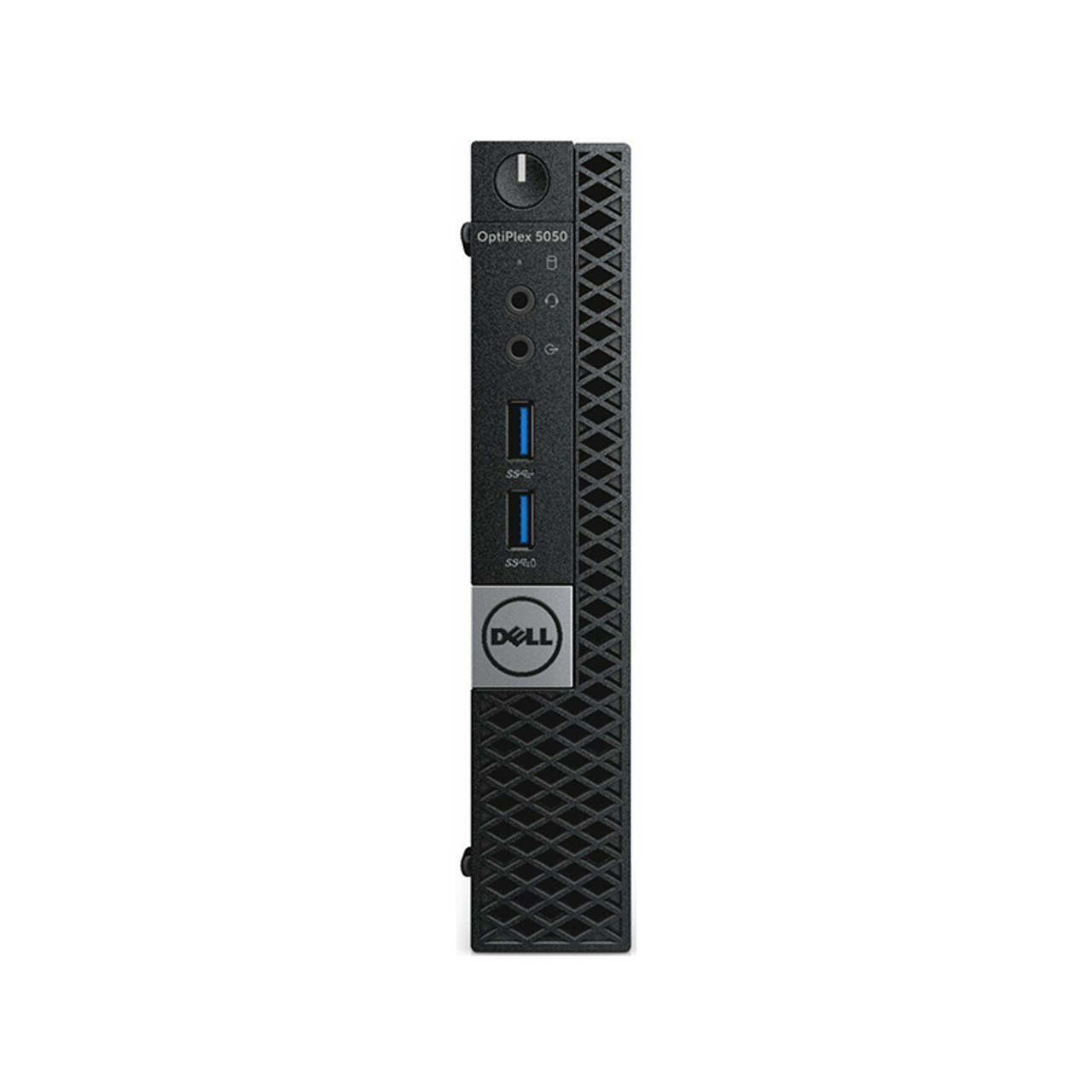In the realm of computer hardware, evolution is constant. Dell, a renowned name in the industry, has been at the forefront of innovation, consistently pushing boundaries to enhance user experience and performance. With the launch of their new OptiPlex line of computers, Dell has made a significant stride by adopting UEFI (Unified Extensible Firmware Interface) while bidding farewell to legacy BIOS booting. This transition marks a pivotal moment in Dell’s commitment to modern computing standards, albeit with implications for users accustomed to legacy boot systems.
Gone are the days when BIOS (Basic Input/Output System) ruled the startup sequence of computers. Its successor, UEFI, represents a more advanced and versatile firmware interface, offering a plethora of benefits ranging from enhanced security features to faster boot times and support for larger storage drives. With the rapid advancements in hardware and software technologies, the move towards UEFI has become inevitable, aligning with the industry’s shift towards more efficient and secure computing environments.
However, this transition may present challenges for users reliant on legacy boot mechanisms. Legacy BIOS, characterized by its simplicity and widespread compatibility, has been a staple in computing for decades. Many users, especially in enterprise environments, have grown accustomed to its familiarity and ease of use. The shift to UEFI requires a paradigm shift in boot processes and may necessitate adjustments in deployment strategies and system configurations.
Dell’s decision to exclusively support UEFI in their new OptiPlex computers signifies a strategic move towards embracing modern computing standards. By prioritizing UEFI over legacy BIOS, Dell is not only future-proofing their hardware but also enabling users to leverage the full potential of modern software ecosystems and security features.
One of the key advantages of UEFI is its support for Secure Boot, a feature designed to prevent unauthorized firmware, operating systems, or bootloaders from executing during the startup process. Secure Boot mitigates the risk of malware attacks and ensures the integrity of the boot process, safeguarding critical system components and sensitive data.
Furthermore, UEFI enables seamless integration with advanced hardware functionalities, such as TPM (Trusted Platform Module) support for hardware-based encryption and Secure Boot enforcement. These features bolster system security and reinforce Dell’s commitment to delivering enterprise-grade solutions tailored to the evolving needs of businesses and organizations.
While the transition to UEFI may pose initial challenges for users accustomed to legacy boot systems, Dell offers comprehensive support and resources to facilitate a smooth migration process. From comprehensive documentation to dedicated support channels, Dell empowers users to navigate the intricacies of UEFI and maximize the potential of their OptiPlex systems.
In conclusion, Dell’s adoption of UEFI in their new OptiPlex computers marks a significant milestone in the realm of modern computing. By embracing UEFI and bidding farewell to legacy BIOS booting, Dell reaffirms its commitment to innovation, security, and performance. While the transition may require adaptation on the part of users, the benefits of UEFI far outweigh the challenges, paving the way for a new era of computing excellence. As technology continues to evolve, Dell remains at the forefront, driving innovation and empowering users to thrive in a dynamic digital landscape.




